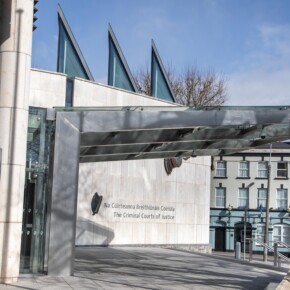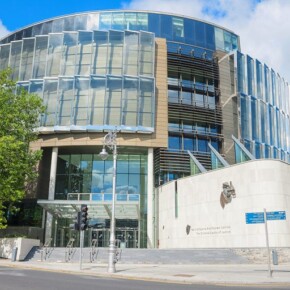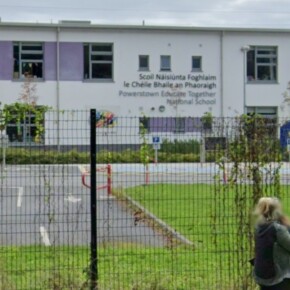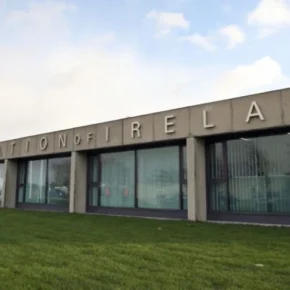Lack of funds stumps Fingal’s plan to quell biodiversity loss
Gary Ibbotson 27 Jul 2022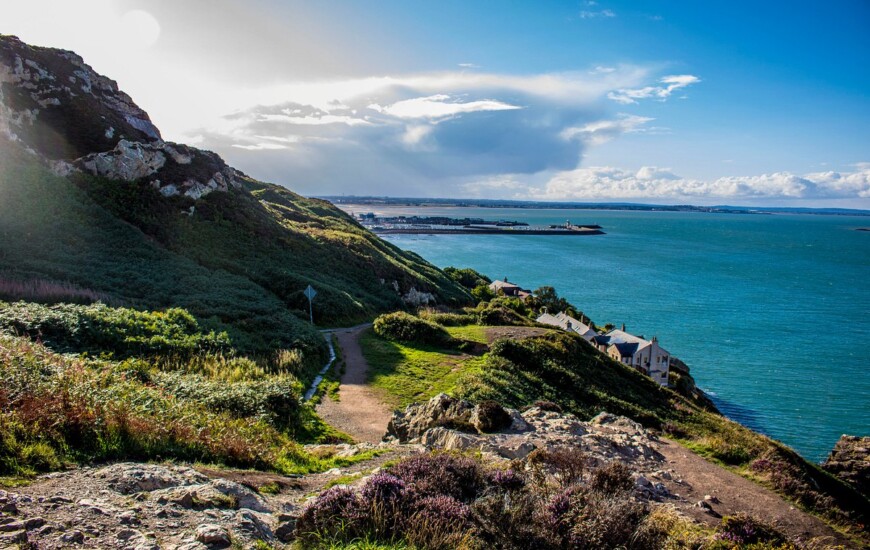
Fingal County Council’s plan to slow down biodiversity loss in north Dublin will have to be stripped back due to a lack of funds, the local authority has said.
The public consultation on the Biodiversity Action Plan 2022-2023 was completed earlier this month which aims to meet EU and national commitments to tackle the biodiversity crisis.
The action plan is described as an “ambitious programme of a hundred actions to reverse the decline in biodiversity by 2030.”
However, out of the 100 actions outlined in the plan, only roughly 32 will be able to be completed by 2030 due to a lack of resources.
The council says that the plan would cost €4 million annually, which is outside of the authority’s budget.
“The funding needed to implement all the actions in the biodiversity plan is estimated at €4 million annually and would require about six full-time staff to co-ordinate the actions for the period 2022-2030,” it said.
“Neither the funding or the extra staff resources can be made available by the council due to demands from other competing priorities such as the provision of housing, roads, sports and community facilities.”
Because of this the council says it “will not be in a position to halt the loss of biodiversity in Fingal by 2030 as envisaged by the EU.”
The council has decided to focus on 32 measures out of the 100 in the plan, most of which it said are subject to existing commitments and “require significant staff inputs over many years”.
The actions being prioritised include the management of special conservation and protection areas at Howth Head and Rogerstown Estuary in Portrane, the implementation of Tidy Towns biodiversity plans, making open spaces more biodiversity friendly, and conducting ecological studies to inform planning decisions and the County Development Plan.
Labour councillor for Castleknock John Walsh said the lack of resources for the action plan is worrisome.
“It is alarming that over two-thirds of the recommended actions to conserve and expand biodiversity will not be achieved by 2030 and it is a safe assumption that if they are not implemented in the short-term, they may never see the light of day at all,” he said.
“It is incredible that neither the Royal Canal nor the Liffey feature in any of the priority actions.
“This amounts to a systematic neglect of biodiversity and conservation of essential habitats on two of the most important waterways in Dublin.”
Projects not included in the 32 prioritised include the creation of an ecological corridor of wetlands between the Royal Canal, the Tolka and the Liffey, and a woodland corridor between St Catherine’s Park and Luttrellstown demesne north of Lucan.


